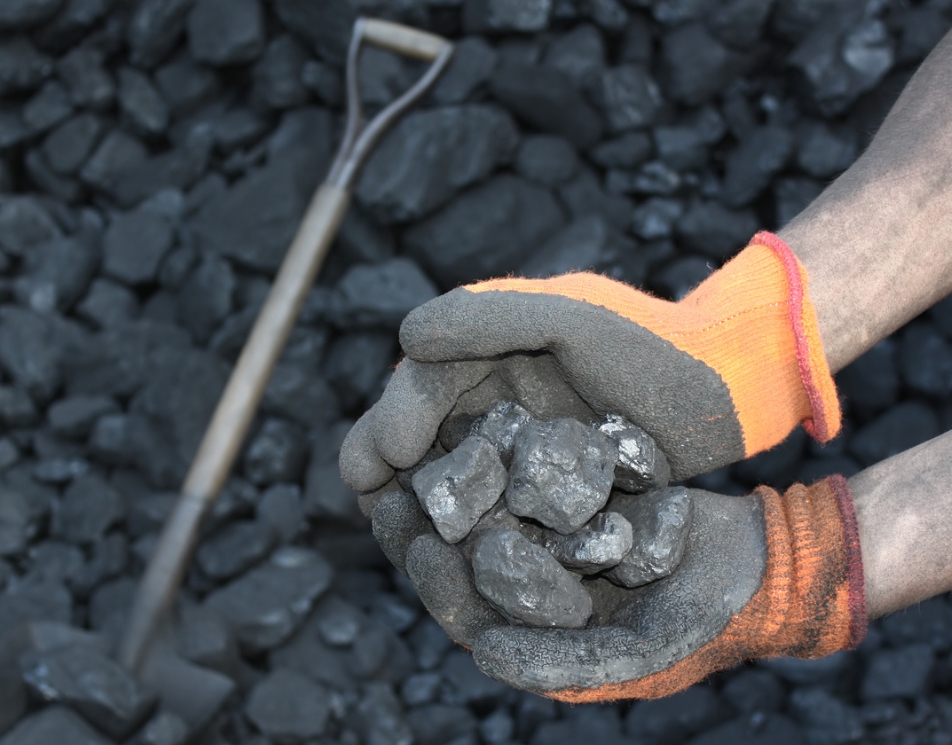G7 Discusses Coal Phase-Out by 2035
The G7 energy ministers, during their meeting in Turin, Italy, discussed a possible time frame for phasing out coal-fired power plants as part of their commitment to transition away from fossil fuels. The discussions come in the wake of the UN’s COP28 climate summit in December, where the world pledged to move away from coal, oil, and gas.
Proposed Timeline for Coal Phase-Out
- G7 energy ministers are close to committing to a common target of shutting down coal-fired power plants
- The proposed timeline is to phase out coal power generation in the first half of the 2030s, possibly by 2035
- The latest G7 draft commits to phasing out unabated coal power generation during the first half of the 2030s or in a timeline consistent with keeping the 1.5°C temperature rise limit within reach
G7’s Climate Commitments and Progress
- The G7 consists of Canada, France, Germany, Italy, Japan, the UK, and the US
- Together, they make up around 38% of the global economy and were responsible for 21% of total greenhouse gas emissions in 2021
- However, according to the Climate Analytics policy institute, not one member of the group is on track to meet existing emission reduction targets for 2030
Current Status of Italy’s Focus as G7 President
- Italy, which holds the G7 rotating presidency this year, wants the Turin meeting to be a strategic link between COP28 and the upcoming COP29 in Azerbaijan
- As a climate change hotspot vulnerable to wildfires, drought, and glacier retreat, Italy is putting biodiversity, ecosystems, and warming seas high on the agenda
- Ministers are discussing renewables, energy efficiency, phasing out fossil fuels, next-generation nuclear power, fusion, the circular economy, critical raw materials, and biofuels
Calls for More Ambitious Plans and Financing
- The Alliance of Small Island States (AOSIS) called on the G7 to adopt significantly more ambitious plans to cut emissions, citing the impacts of rising sea levels and extreme temperatures on their communities
- Climate watchers hope for more funds for adaptation to climate change, and Italy said the G7 would discuss innovative financing models to make finance more accessible for vulnerable countries
About G-7
The Group of Seven (G7) is an informal intergovernmental organization composed of the world’s leading industrialized nations. The member countries are Canada, France, Germany, Italy, Japan, the United Kingdom, and the United States, with the European Union also participating as a non-enumerated member.
- Formed in 1975 as the Group of Six (G6) and later expanded to include Canada in 1976
- Represents about 40% of the global GDP and 10% of the world’s population
- Holds annual summits to discuss and coordinate policies on global issues such as economic growth, trade, climate change, and international security
- Decisions made by the G7 are not legally binding but carry significant political influence
- The presidency of the G7 rotates annually among member countries, with the host nation setting the agenda and organizing the summit
However, as the UN and other stakeholders have emphasized, more ambitious plans, bold actions, and substantial climate financing will be necessary to effectively combat climate change and support vulnerable communities in adapting to its impacts.
Month: Current Affairs - April, 2024
Category: Environment Current Affairs








